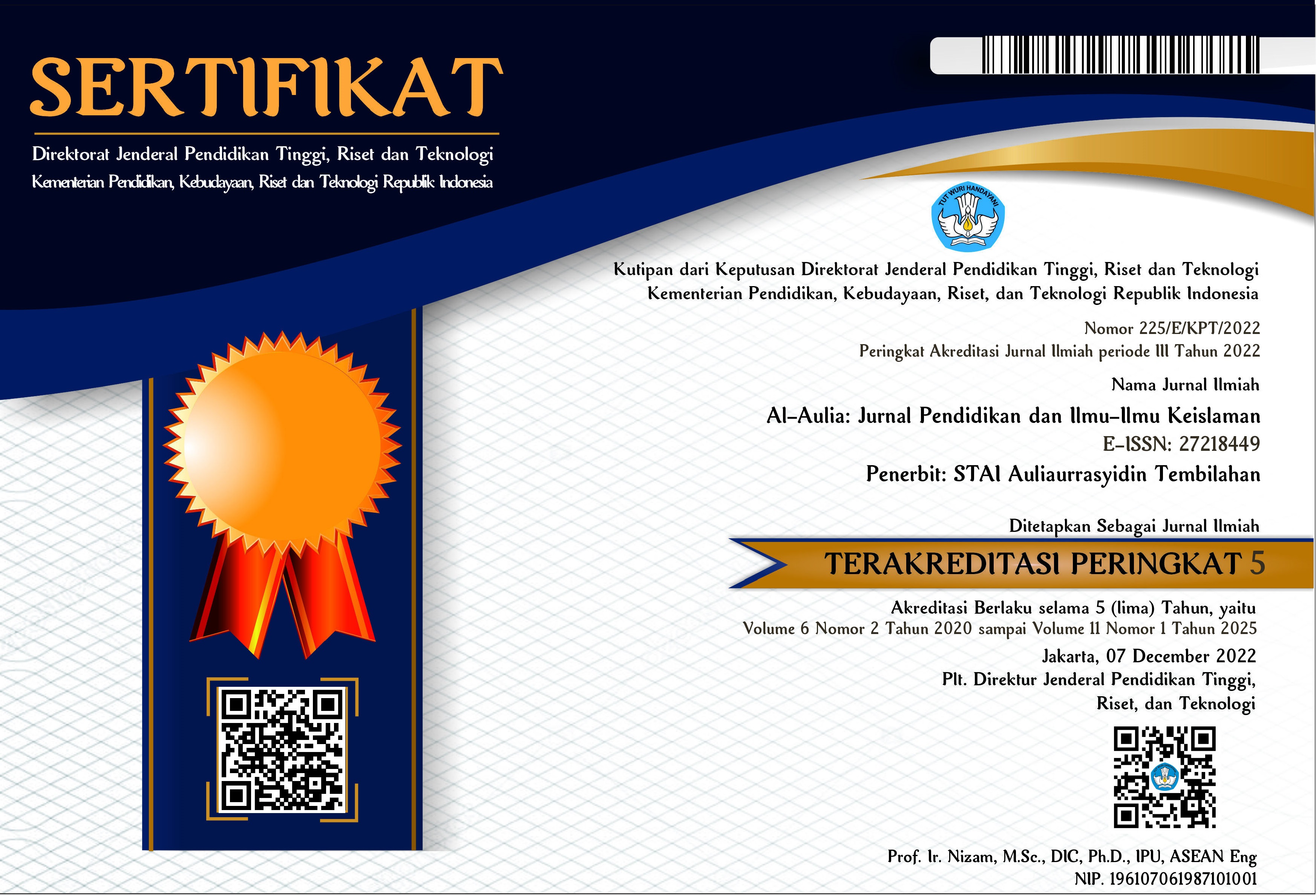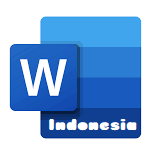UPAYA GURU PENDIDIKAN AGAMA ISLAM (PAI) DALAM MENCIPTAKAN KOMUNITAS BELAJAR DI SMKN 1 MANDAU
Keywords:
Teacher, Learning CommunityAbstract
The purpose of this study was to find out Islamic education teachers’ efforts in creating learning communities in SMKN 1 (vocational school) mandau. The sample of the study was 30 Islamic education teachers. This study belongs to qualitative descriptive. The sources of the data were primary and secondary. To collect the data, the writer used several techniques such as observation, questionnaires, and interviews. After the data were collected, it then analyzed from its qualitative to quantitative. The data was analyzed descriptively.
The results of the study showed that the efforts made by the teachers in creating a learning community can influence the enthusiasm for learning, and improve the existing learning system; it provided free time for students who have not yet finished their learning to have an increased ability than before (467 or 11.67%). Similarly, the highest option was “A” means that it was very often. It indicated that Islamic Education Teachers created maximum results of creating learning communities; this could be shown from several changes in student learning methods, student outcomes, and the formation of positive learning communities for vocational students who are initially less enthusiastic about following normative adaptive lessons and prefer productive lessons.
Downloads
Published
Issue
Section
License
Authors who publish with this journal agree to the following terms:
1. Copyright on any article is retained by the author(s).
2. The author grants the journal, right of first publication with the work simultaneously licensed under a Creative Commons Attribution License that allows others to share the work with an acknowledgment of the work’s authorship and initial publication in this journal.
3. Authors are able to enter into separate, additional contractual arrangements for the non-exclusive distribution of the journal’s published version of the work (e.g., post it to an institutional repository or publish it in a book), with an acknowledgment of its initial publication in this journal.
4. Authors are permitted and encouraged to post their work online (e.g., in institutional repositories or on their website) prior to and during the submission process, as it can lead to productive exchanges, as well as earlier and greater citation of published work.
5. The article and any associated published material is distributed under the Creative Commons Attribution-ShareAlike 4.0 International License







